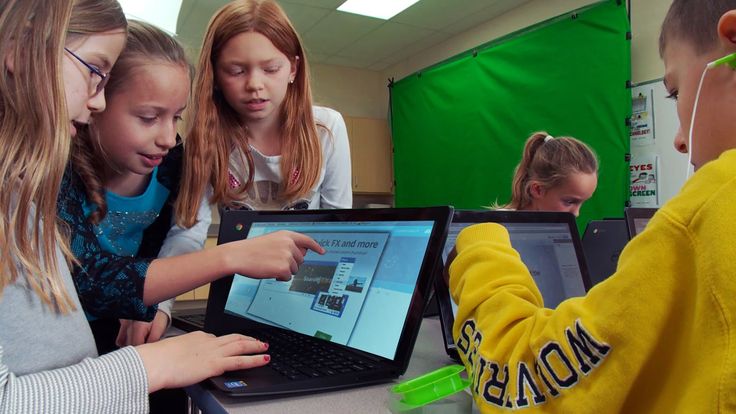How to make Computer Science more engaging, relevant and accessible?

Computer science is evolving at a much faster pace than a rigid school curriculum can keep up with. By the time students graduate, the digital skills needed for future jobs would be very different. Back in 2014, the broad subject of Computing – covering the three vital areas of Computer Science, Digital Literacy and Information Technology (IT) – became mandatory in English schools from ages 5 to 16.
Yet a decade later, less than 20K girls study GCSE Computer Science (21% of the 90,558 students who took the subject) and less than 3K girls study it at A-levels (15% of 18,306 students). This lack of gender diversity is reflected in AI research and the tech sector more broadly. There are no GCSE or A-level qualifications in Digital Literacy or IT. So fewer young people are building the skills crucial for them to unlock their full potential. This is unacceptable!
The Imperative of Computing Education for Youth
Young people are growing up in a world profoundly shaped by transformative technologies such as generative AI, blockchain and cloud computing. To thrive in this digital environment, it is important that they develop the necessary skills and knowledge to actively participate in and shape the world driven by algorithms.
While being an effective end-user of technology is undoubtedly important, it is insufficient to prepare them for the challenges and opportunities that lie ahead. We must introduce young people to the foundational concepts of data, algorithms, programming, and artificial intelligence, and cultivate the mindsets that will enable them to navigate and excel in an ever-changing technological future. Investing in computing education for youth is imperative for several reasons:
- Expanded Career Opportunities: Equipping young people with computing skills will open doors to a wide range of meaningful and lucrative career paths, empowering them to contribute to the rapidly growing technology sector and drive innovation.
- Problem-Solving Capabilities: By understanding the underlying principles of computing, young people will be better equipped to tackle complex problems that matter to them, leveraging technology as a powerful tool for positive change.
- Creative Expression: Computing education fosters creativity and self-expression, enabling young people to explore new avenues for artistic and intellectual pursuits through digital mediums.
- Informed Decision-Making: Even for those who do not pursue careers in computing, a solid foundation in these concepts will enable them to make more informed decisions about the role of technology in their personal and professional lives.
We need to address the unequal access to opportunities that young people have for learning computing skills and knowledge. Access is often determined by factors such as parental background, geographic location, availability of quality educational resources, and the perceived relevance of these opportunities to one’s life circumstances. To address this disparity, we must prioritize initiatives that democratize access to computing education, ensuring that every young person, regardless of their background or circumstances, has the opportunity to develop the skills and knowledge necessary to thrive in our increasingly digital world.
How can we improve Computer Science education at primary, secondary, undergraduate and graduate levels?
I think that we need to update the computing curriculum, embed digital skills across different subjects and make computing mandatory just like English and Maths until 16. I have previously shared my opinion on how to make computing education more relevant, engaging and accessible for all. You can read the full article on The Royal Society website.
The challenge of finding qualified teachers remains. We need to think of new ways of boosting teacher capacity by linking with industry and universities. Could we use the peer-to-peer learning model (for example 42 London) in high schools and sixth-form colleges?